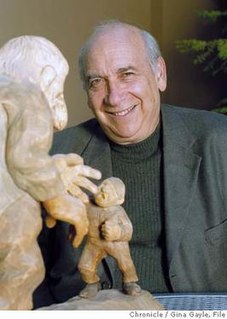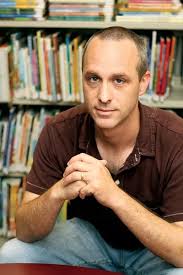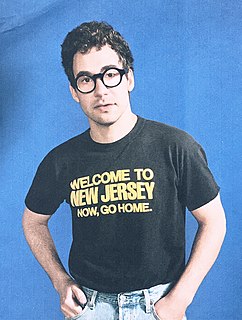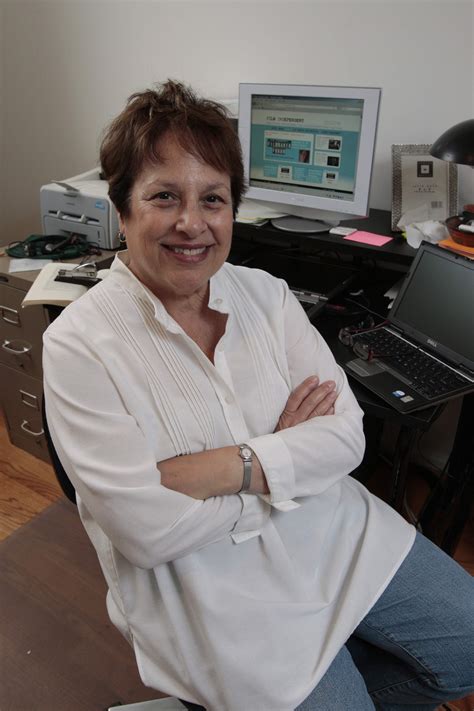A Quote by Alan Dundes
Their term project consists of a fieldwork collection of folklore that they create by interviewing family members, friends, or anyone they can manage to persuade to serve as an informant.
Related Quotes
I was a lousy academic. I spent most of my time in the cafeteria. But I met fantastic people from all kinds of fields; law, medicine, history, and they eventually dispersed all over the world to do their fieldwork. I liked the way these people committed to the long term in a sincere, visionary way. Their projects weren't about "next season." They were ten-year commitments. They were lifestyle choices that had traditions of fieldwork built into them - moving around, living on location, discipline, a real rigor for research.
The Restless Anthropologist is a rich, powerful, and compulsively readable collection of essays by anthropologists who look back at the multiple relationships between their serial fieldwork experiences and their lives. Illustrating the dense interweaving of the personal and the professional that is the hallmark of anthropology as a vocation, these essays are at once affectively deep reflections, and clear-eyed assessments, of lives often lived 'between here and there.' Alma Gottlieb's idea to stimulate these articles and bring together this collection was inspired.


































